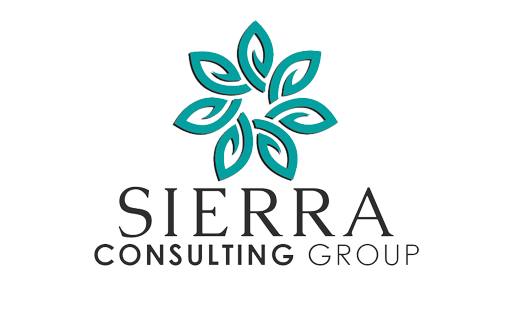There is no one essential element of a successful addiction treatment facility — there are many. Ethical practices, effective clinical programs, qualified staff and a strong operational plan are all integral to a healthy, thriving facility that succeeds at helping people and remaining in business.
Documentation is a part of it, too. Strong documentation practices are a vital part of daily operations, accountability, compliance and communication. If you are a new treatment center, how do you develop a process for documents? Often, people adopt practices learned at other treatment centers they have worked at or worked with. However, these systems, although familiar, may not be the most ideal. It’s important to keep yourself open for new ways of creating, managing and storing your facility’s important documents and paperwork.
Managing Documentation In Your Program
The need for proper documentation can feel overwhelming, especially if you don’t have a good system. Failure to keep thorough notes, document medications, releases, etc. can result in lack of compliance and can threaten licensing.
A good system for documents is important for treatment. Creating treatment plans, documenting progress and keeping good records allows you to serve your clients better.
Common Types Of Documentation
During the course of treatment, a great many documents will be generated. Many of these will be input computer, however, hard copies will need to be printed out and signed in most cases. Some examples of documentation that is typically created on a given day for each client may include:
- Signed releases
- Personal item inventory
- Consent to receive treatment
- Acknowledgment of rules and responsibilities
- Disciplinary actions
- Contracts
- Intake paperwork
- Individual treatment plans
- Daily counseling notes
- Incident reports
- Discharge paperwork
The above is really a small list of documentation that will need to be created, organized, stored and easily retrieved when needed. This does not take into account documents that are related to staff, location, training and other necessities. Much of your daily documentation will revolve around clients and their treatment. These are essential and must be managed in a way that ensures accuracy and confidentiality.
As you can see, a system is a necessity. Keeping the system as simple as possible makes it easier for all staff to do their job correctly. Cumbersome and complicated documentation invites errors, confusion and stress.
It’s important that all staff be trained on proper documentation practices. Errors can cause confusion, interfere with treatment, and in some cases, fines or licensing issues.
Common Issues Involving Documents
Many treatment centers struggle with this. There are issues with accuracy. One staff member may do it “their way” whereas another may do it another way. Inconsistencies with paperwork are a common complaint.
Accuracy is another problem. As long as humans are involved with documentation, there will be errors. People are fallible. The key is to develop a system that reduces errors as much as possible. Training all staff to follow this system ensures consistency. Everyone needs to be on the same page.
Confidentiality is something that must be maintained. Ensuring the security of your documentation is a big priority.
Organization is another issue. Binders are common, files are common. It’s important that all documents be backed up so that if something happens to the hard copy, there is a digital file available. Organizing documents as efficiently as possible helps the organization process along.
Getting Help With Documentation
Whether you are a new treatment center just starting out, or an established treatment center needing an overhaul, it sometimes takes a trained and experience eye from the outside to create a system for documentation that works.
Outside consultation can help you create a system for creating, maintaining and organizing paperwork. This helps ensure compliance, confidentiality and other requirements are met. Having an effective system will help all aspects of your program work better. Once your plan is in place, intensive training for all relevant parties can ensure a smooth transition or adoption of your new system.

